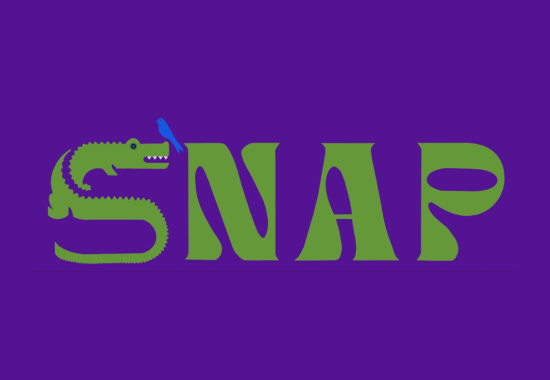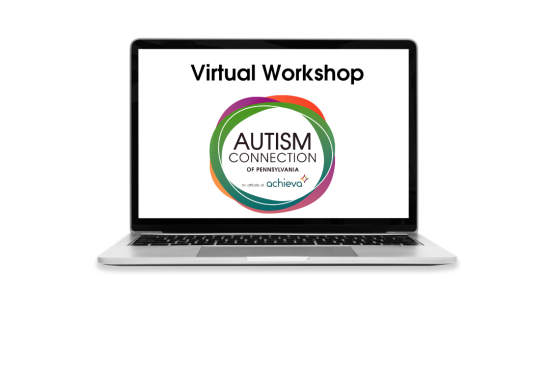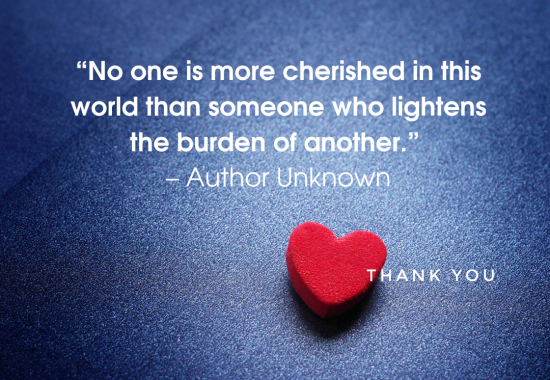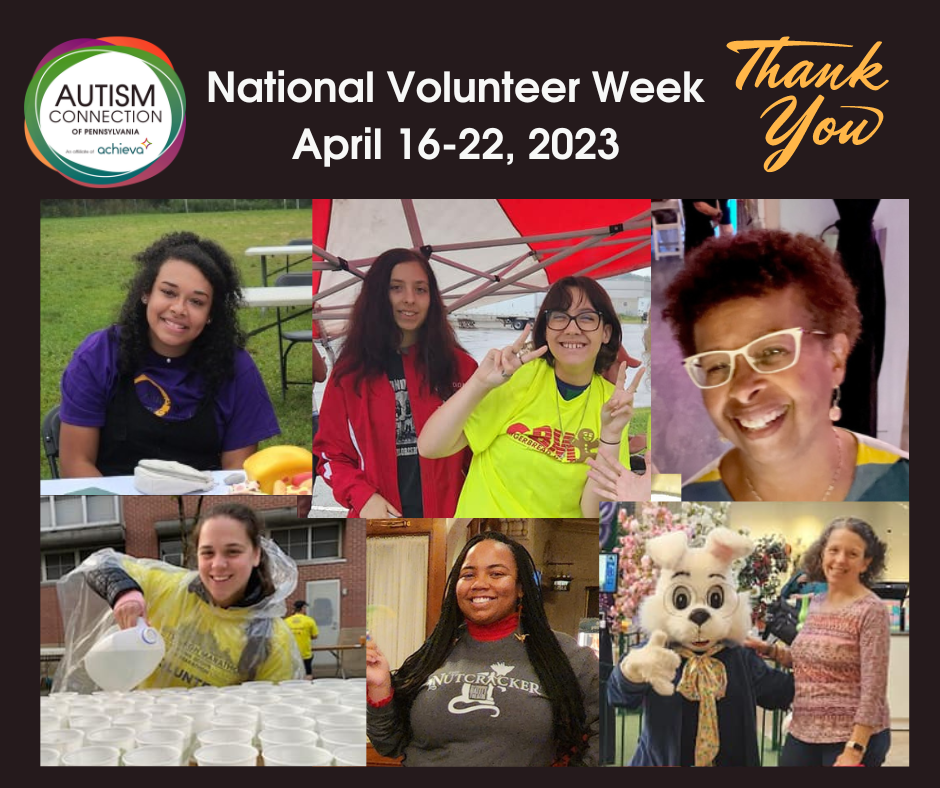What is SNAP?
SNAP, officially known as the Spreading Neurodiversity Acceptance Project for Social Engagement, was conceived by Zachary A. Miller. This project was born out of a heartfelt mission: to establish an inclusive platform where neurodivergent and neurotypical individuals could stand together on equal ground, fostering a sense of unity and acceptance.
At its core, SNAP is all about community engagement through a diverse array of events and activities. They extend warm invitations to people of all backgrounds, embracing the rich tapestry of human experiences. From crafting a captivating mural that celebrates neurodiversity to organizing engaging egg hunts and immersive camp days, SNAP consistently delivers on its promise of inclusive joy.

Crucially, the magic of SNAP doesn’t stop at its events; it begins right at the heart of their organization. The dedicated leadership team, led by individuals like Lydia, plays a pivotal role in shaping the project’s vision and executing its mission. Lydia exemplifies the spirit of SNAP, where inclusivity, understanding, and creativity intersect.
Lydia’s Perspective
I’m an autistic adult who has spent my whole life in the Pittsburgh area. I have been involved in autism advocacy work since 2009, speaking at conferences, writing for a wide variety of publications, and working with organizations to develop courses, training programs and other resources. I’ve made incredible, lifelong friends through this work. But none of them live close enough to see in person more than once or twice a year at best. As involved as I am with the autism/autistic community, I still lack many local connections and social opportunities.
I heard about SNAP through an ad in the Autism Connection weekly newsletter in early 2023. It was about painting a mural celebrating neurodiversity that would hang in Benedum Hall. I love all kinds of arts and crafts and creative expression, so it sounded like something I’d enjoy. But I was nervous — I didn’t know who would be there or where Benedum Hall was, and I’ve never painted in any formal capacity. I wouldn’t have pursued the opportunity if my mom hadn’t also seen the ad and nudged me. I reached out to Zach by email to ask some questions that made me feel less anxious, as it helps if I know what to expect.

Lydia Wayman
He responded quickly and with his typical friendly tone that makes everyone feel welcome and accepted. Come to a SNAP event and meet him, and you’ll see exactly what I mean!
We worked on the mural over several weekends, and I loved every minute of it. The artist who led us was a perfect fit for the project. The group had a wide range of ages and support needs, and she gave everyone jobs to do and presumed competence while still providing instruction and individual support. I liked that we were all helping and not just being handed the fun parts. It made it a true group effort, and the final product looks incredible.
After the mural, Zach asked if I wanted to join the SNAP leadership team. I readily accepted his offer and have served in the role of an autistic co-liaison since last spring, attending SNAP leadership meetings and help to plan and run events.
What Makes SNAP Distinct?
There are a few things that make SNAP different – why it’s a group I want to be a part of. A big reason for me is the inclusive nature of everything we do. Our events are designed to be as inclusive as possible, and we invite all ages, parents and siblings included. Everyone just gets treated like an individual. I’ve connected with all sorts of people at our events, and despite the leadership team being half of my age, they are fantastic people to work with and have fun with.
I’ve tried to make local connections with the disability community through activity-based groups in the past, but often, I felt forced to choose a side – either I had to be a participant with a disability, or I could be an organizer. Because I get overwhelmed easily, participating in groups can be hard, so I often prefer to help out. I think part of it is just that I know what’s going on, but I also have some unique skills to offer. But choosing to get involved as an organizer usually meant working with a team of people who aren’t used to making accommodations or allowing for support needs. Also, it meant not getting to enjoy the fun parts of the event.
With SNAP, I don’t have to explain what I can and can’t do, why I do or don’t need something. I don’t have to choose a side – I can just be myself, use my skills to help others, and have fun.
Join the fun!
Do you want to be a part of the fun? Many of our events are free to everyone! For more information throughout the year, sign up for our email list at the link HERE. We hope to see you in the future!












